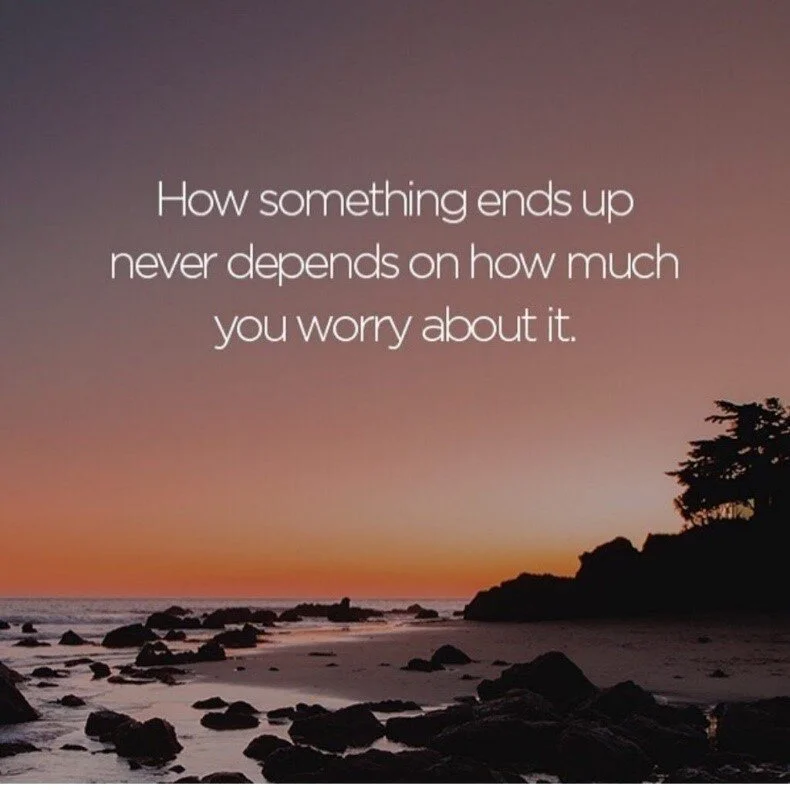Dealing with overwhelm at a time of uncertainty and fear
The current economic cost of living crisis is a stressful experience for us all in its various forms of suffering, disruption to our lives and the uncertainty it’s generating.
So, here are my tips for dealing with overwhelm:
Recognise that you are actually overwhelmed
It’s easy to be so hooked into the cortisol rush of the threat system, that it can take a while to even clock that I have tipped into a state of overwhelm. It’s helpful to be aware of how this might feel in the body. For me, it manifests in a tightly locked jaw or unconscious lip sucking or literally rushing about and maybe becoming clumsier and leaving a trail of chaos behind me. I usually have a little voice that knows that I am becoming manic and I can choose to ignore this in my quest to get to the bottom of my ‘To Do’ list.
Stop and do what needs to be done to stay resourced and balanced
It’s helpful to have a sense of the different activities that can be done to help recharge oneself. I am always surprised by how many tools and resources I have available to me - I just need to be committed to using them. These might include: a walk in the country (observing social distancing/government advice); standing outside and feeling the earth under my feet and breathing deeply; using an app such as Insight Timer and listening to soothing nature sounds or some gentle music or doing a body awareness mindfulness or yoga nidra practice. Having an awareness of prioritising self-care is crucial in whatever way this needs to be for you.
I have been doing a daily gratitude practice with a friend (via text) where we share up to three things that have brought us a moment of beauty or pleasure in the day, no matter how small. This is a great antidote to feelings of overwhelm and anxiety.
It’s really important that we notice the beauty too amidst the suffering. The fact that it’s spring now and the sun is shining helps immeasurably with this!Be mindful of what you are taking in
At the moment the news is full of distressing information and of course it’s also there to provide us with information which is necessary. But news is designed to keep hooking us in through our threat system and it can itself become addictive, especially when things are so uncertain and unpredictable. Our systems are not designed to absorb and process all the world’s suffering or what is going on in lots of people’s lives. I am not, however, suggesting an abdication of any responsibility or ignoring other important matters; more that we are selective about what we choose to engage with, and realistic about what effects it might have on us, both positive (sense of belonging for example), and negative.
I try to have at least one day a week which is ‘unplugged’ (from all technology) just to allow my nervous system to recharge. We get a dopamine hit every time our phone pings with a notification, which can become addictive. Before long I find myself in a perpetual agitated state of repeatedly checking my phone. This is actually an unpleasant state to be in and increases a sense of feeling under pressure.
Being mindful of exposure to other people’s dramas
When I know that I am feeling overwhelmed I am also mindful of my exposure to the ‘dramas of others’ even dear friends and family members. If I know that a conversation is likely to be challenging or demanding in this way, I try to make sure I engage with it when I have taken the time to resource myself first, and I may put a time limit on it too. It helps to recall that others are responsible for the choices that they make in their own lives and to watch for my tendency to want to ‘rescue’ others to alleviate their suffering; to put others’ needs above my own, and expect too much of myself especially when I know that I am depleted.
Lower expectations and be with one thing at a time
I must constantly remind myself to do this one, as I still believe that I can do more than I can, even in these enforced times of lockdown. Doing one thing at a time I find even harder, but it makes a huge difference to reducing the sense of overwhelm when I focus on one thing in any given moment.
Do your best to let go of hopes and fears of particular outcome
Part of the expectation is often an attachment to a particular outcome from what I am doing. For example, I can think that I will need to rest and that in order for it to be beneficial I need my mind to be as quiet as possible, and instead the opposite happens with a racing mind spinning through all sorts of anxiety-inducing scenarios and so on. Instead, I try to notice this and just accept that it’s what’s happening right now and that’s ok!
So, that is my list of suggestions for dealing with overwhelm in these challenging times, which could be useful for anyone and especially those with chronic fatigue.
Katherine Sewell, Business Support Manager @vitality360

